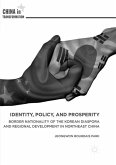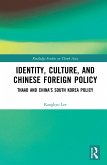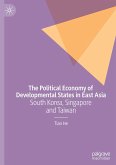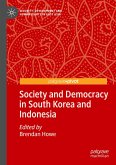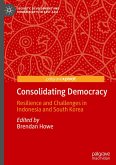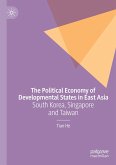This edited collection explores how East Asia's painful history continues to haunt the relationships between its countries and peoples. Through a largely social-psychological and constructivist lens, the authors examine the ways in which historical memory and unmet identity needs generates mutual suspicion, xenophobic nationalism and tensions in the bilateral and trilateral relationships within the region. This text not only addresses some of the domestic drivers of Japanese, Chinese and South Korean foreign policy - and the implications of increasingly autocratic rule in all three countries - but also analyses the way in which new security mechanisms and processes advancing trust, confidence and reconciliation can replace those generating mistrust, antagonism and insecurity.
"The volume is an excellent starting point to understand the difficulties of reconciliation and closer collaboration in the region. With its well-rounded choice of authors and their empathetic efforts, combined with the very thoughtful and balanced summary by the editor, the book provides a valuable contribution not only to political and sociological practice, but to academic research as well." (H-Soz-Kult, hsozkult.de, January, 31 , 2019)


